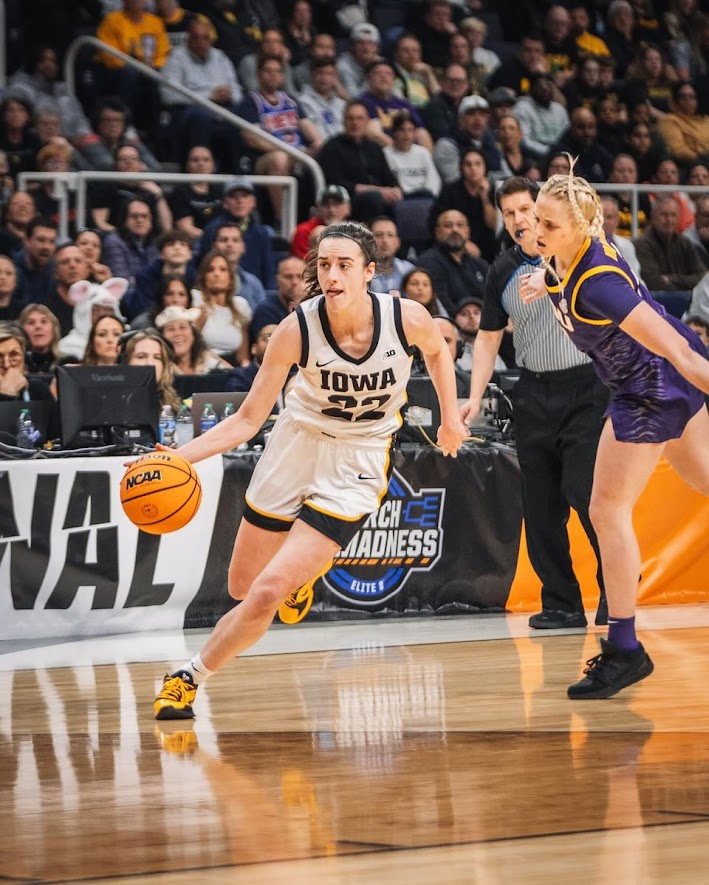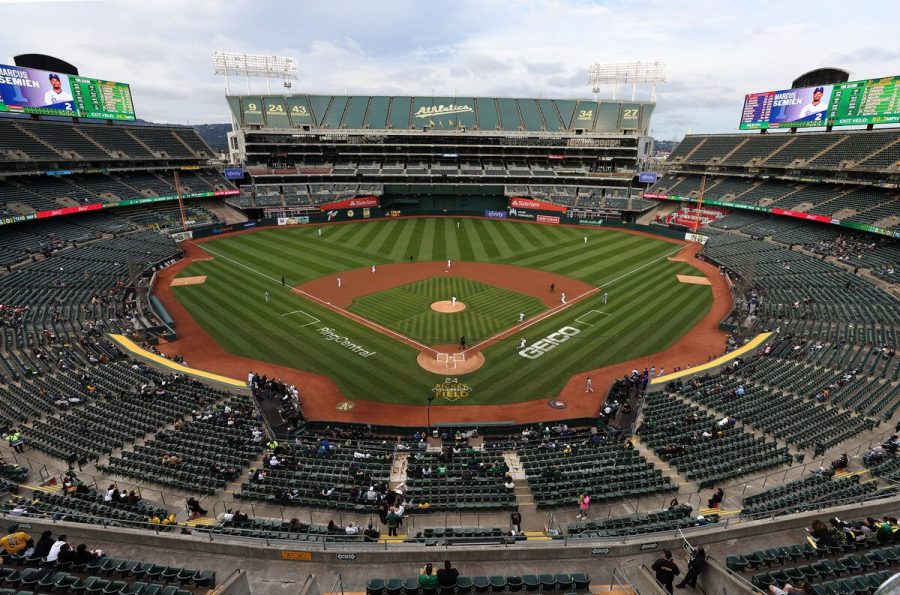STATE COLLEGE, Pa. (AP) — Anguished by an unthinkable scandal that shook a university and tarnished the proud football program, many in the Penn State community rallied around a common cause.
They mourned coach Joe Paterno’s dismissal and questioned the motives and tactics of school leaders who pushed out the Hall of Famer in November in the wake of child sex abuse charges against a retired assistant coach.
Alumni, fans and students already racked by emotions were jolted by a much greater loss when Paterno died Sunday of lung cancer at age 85 — and the grieving process again could be complicated following two tense months that often had the Paterno family and the school at odds.
“I feel like from the inside looking out that most people forget that he donated his whole life to the program. … And everything that he donated to that school, people tend to look over that,” defensive end Jack Crawford, who just completed his senior season with the Nittany Lions, said Sunday from Senior Bowl practice in Mobile, Ala.
“It was tough to swallow. It was harder to swallow when he first got fired. It was a sad moment for the whole Penn State family.”
A family seemingly torn Nov. 5 after retired defensive coordinator Jerry Sandusky was charged with the first of dozens of counts of abuse allegations. Sandusky has maintained his innocence and is awaiting trial. Paterno testified before a state grand jury investigating Sandusky, and authorities said he wasn’t a target of the probe.
It ended up being his undoing anyway.
Paterno fulfilled his legal obligation by reporting a 2002 allegation relayed by a graduate assistant to his university superior. But the state’s top cop chastised Paterno, among other school leaders, for failing to fulfill a moral duty to do more and take the allegation to police.
Paterno himself said he “wished he could have done more” when he announced his retirement plans the morning of Nov. 9 before getting ousted by the university Board of Trustees that evening.
“I am saddened to hear the news of Joe Paterno’s passing. Joe was a genuinely good person,” longtime Nebraska coach and current athletic director Tom Osborne said. “Anybody who knew Joe feels badly about the circumstances. I suspect the emotional turmoil of the last few weeks might have played into it.”
That turmoil stretched to Paterno’s final days.
Diagnosed with lung cancer days after getting fired, Paterno entered the hospital Jan. 13 for what his family then said was a minor complication from treatments that included radiation and chemotherapy. Mount Nittany Medical Center was barely a half-mile from Beaver Stadium, the Nittany Lions’ home field that Paterno helped make into one of college football’s shrines during his 46 seasons as Penn State head coach.
While in the hospital, trustees just a couple miles away at a campus hotel on Thursday told of why they fired Paterno and cited in part a failure to fulfill his moral responsibility in connection with the 2002 allegation. His lawyer, Wick Sollers, called the allegations self-serving and reiterated that Paterno fully reported what he knew to the people responsible for campus investigations.
“I think his legacy should be everything wonderful he did here for Penn State and for the community. That’s what I hope,” Karen Long, 70, of State College, said at the women’s basketball game Sunday afternoon between Iowa and Penn State. “I don’t think he was treated fairly, though. Just the way they handled firing him was awful.”
Against that backdrop, school leaders, the Paterno family and the university community fractured by the scandal appear to be slowly mending relationships.
In recent weeks, university leaders have indicated they intend to honor Paterno’s contributions on and off the field — a sharp contrast to tones sounded in the frantic first week of the scandal. Back then, for instance, school President Rodney Erickson said Paterno was welcome to football games just like any other member of the public.
Paterno won two national championships and a Division I record 409 victories to turn Penn State into a name-brand program. Off the field, Paterno and his wife, Sue, donated millions back to the university, including the library.
“His and Sue’s contributions are as much about ensuring student success as the many endowments and the library bearing the Paterno name,” said Barbara Dewey, Penn State’s dean of University Libraries.
Memorial service and funeral plans weren’t ready yet Sunday night, though it appeared the family and the school were coordinating efforts.
Perhaps one last chance to say goodbye for a Penn State community that often took its cues on fall weekends from JoePa.
“No matter what people say, you can’t take away what he did for Penn State and college football,” former cornerback D’Anton Lynn said. “I don’t think there will ever be a college coach that will ever have that impact again.”









